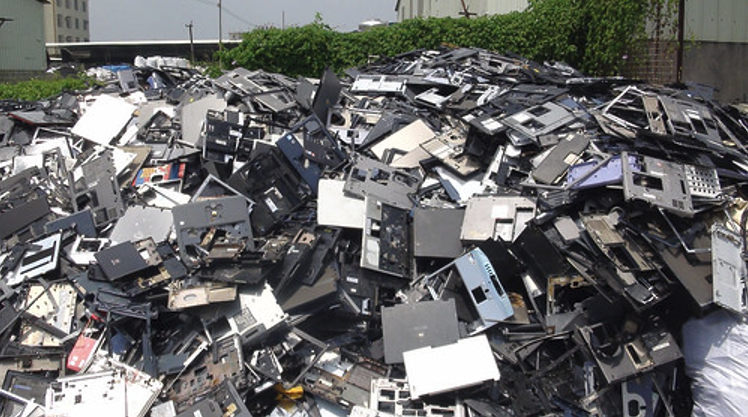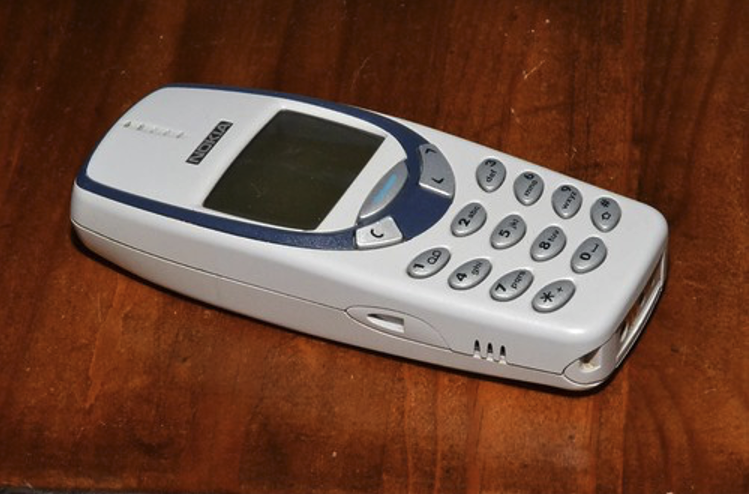In an age where consumerism is advertised more than ever before, it's easy to fall into the trap of constantly replacing and discarding older digital devices. The newest thing can be difficult to ignore, as its cutting-edge features ostensibly provide a night-and-day generational leap. Back here in the land of reality, however, things aren't so simple.
In the real world today, the digital systems we use like smartphones, tablets, desktops, and laptops offer more longevity than at any point in the past. With the right approach, you can hold off on upgrading, while still maintaining all the functionality you need. This won't just save you money, it will also help hold back the ever-rising tide of technological waste.
 "DSC00365" (CC BY-ND 2.0) by baselactionnetwork
"DSC00365" (CC BY-ND 2.0) by baselactionnetwork
Every generation of digital devices being sold needs to offer a target for users to set their sights on, a key selling point that offers a real operation difference. For decades, this selling point would reliably be speed and storage. Shorter loading times, better performance, and more storage capacity were hugely important, and all would benefit through advancements like Moore's Law, as noted at Intel.
This was a powerful advertising technique because it leaned on one of the most reliable truths in computing – we were always playing catchup. Nothing was ever fast enough to deliver a streamlined experience, so faster was better. Eventually, of course, more and more uses reached the point where our tech was more than fast enough.
One of the prime illustrations of how fast more systems have become is in online interactive entertainment, like what is seen in NJ online casino sites. Decades ago, even a faster computer would struggle to load an online casino. Today, even slower and older mobile phones can access every part of this experience quickly and without compromise. From collecting deposit matches and free spins to playing live games, table games, and slots, faster devices won't improve on what is already flawless. This applies to most uses that average consumers will face today.
The only issues that tend to creep into the reliability of our devices come from two main areas, battery life and our own rough use. A degradation of battery life is unavoidable, though it can be mitigated. Using battery-saver modes and purchasing systems with replaceable batteries like those listed at SlashGear can maintain the lifespan of a device to a decade or more.
As for usage patterns causing problems, this is a reflection of improving robustness in design. Plenty of the oldest systems were so lightly designed that we had to be careful, whereas devices today are much stronger. Because of this, we treat them much rougher, which eventually adds up. We can help this problem by just being more careful, being gentle with ports, cleaning systems regularly, and never using a digital device as a table.
 "Nokia" (CC BY 2.0) by ThomasKohler
"Nokia" (CC BY 2.0) by ThomasKohler
You've probably heard the talk of the next big leaps in digital functionality, led so clearly by claims about AI. As with so many advancements in the past, this talk is more gas than substance, where more users won't see advantages from AI anywhere near worth the cost of admission. Instead, consider just sticking to a device until the end of its natural lifespan, when you can take it off life support and give it the send-off it deserves. Your wallet will thank you for it, and most users won't be missing out on much.